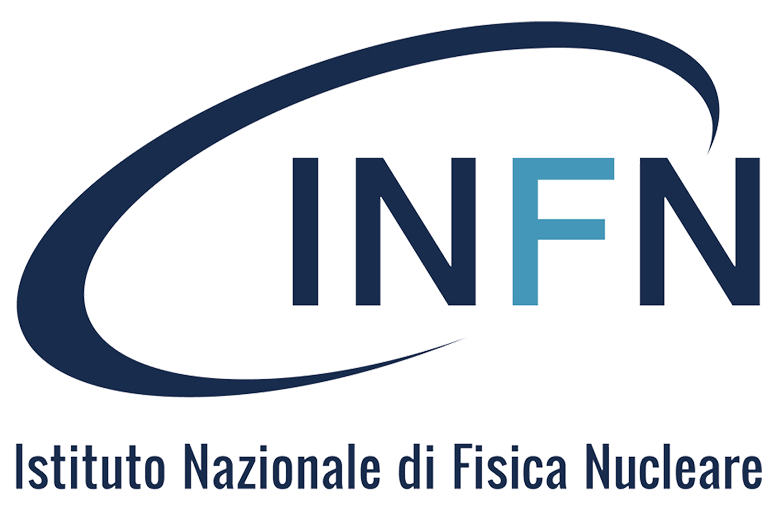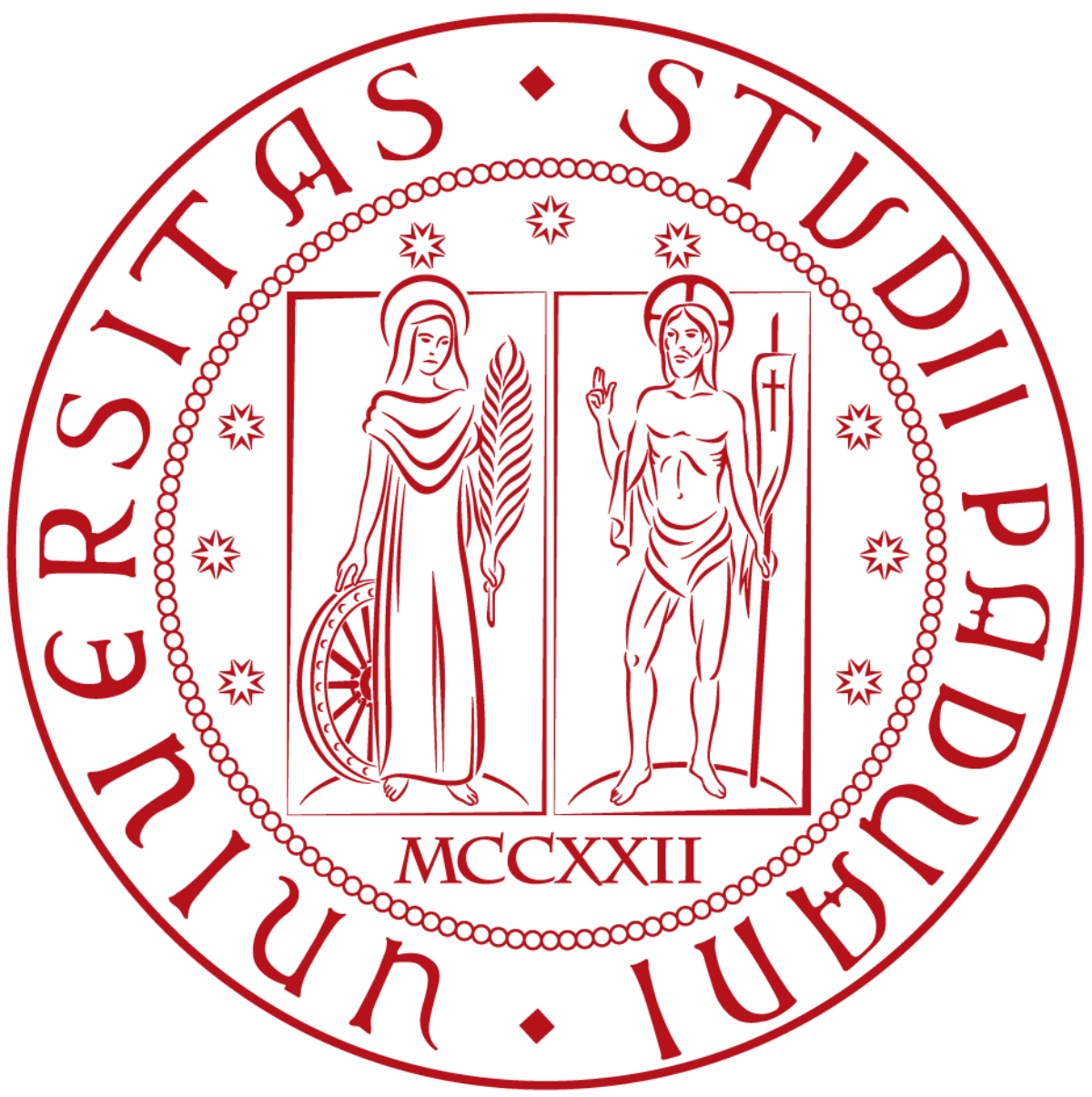INDICO page link
Overview
Link to the INDICO page
The Days of Detection (D2) school aims to introduce the students to the world of scientific, solid-state sensor design, development and manufacturing, and how they impact the performance of modern detection apparatuses used in physics and other scientific and/or commercial applications.
The school proposes an innovative structure where a narrow specific subject, the sensor, is presented as focal point of the entire didactical path, and examined across the different lectures by considering different aspects and point of views, ranging from the fundamental physics principles (particles interaction with matter, solid state devices, information theory), to the physics used to manufacture the devices themselves (advanced optics, nano-fabrication, advanced computing), to how of such detectors are applied in physics and science experiments.
The lectures will also cover new perspectives on frequently neglected aspects of physics experiment design, which are instead critical for the modern experimental science sustainability: costs to benefits analysis, intellectual property, market opportunities, collaboration with the industry and other partners, etc…
To highlight the unique synergy between research institutes and the industry, which is at the heart of scientific detector development, and help understanding the collaboration necessary to successfully develop a modern sensor, lecturers from local and international companies will be prominent participants.
Distinguished lecturers
To be announced

- Affiliation
- Subject
To be announced

- Affiliation
- Subject
To be announced

- Affiliation
- Subject
Main topics
Solid State Sensors
- Solid state sensing: overview and basic principles
- From ideas to detectors: sensors design principles
- Guidelines for sensors implementation in real systems/experiments
- The future: quantum sensing and electronics
The microelectronics behind state sensors manufacturing
- Trends in modern microelectronics
- Microelectronic fabrication: physics at work
- Cutting edge and future microelectronic sensors
- Future of microelectronics in Europe
Applications
- Physics experiments
- Medical applications
- Industrial applications
- Space applications
Preliminary program
Day 1: sensing
| Time | Lecturer | Topic | Notes |
|---|---|---|---|
| 8:30 – 10:20 | |||
| 10:30 – 10:55 | Coffee Break | ||
| 11:00 – 12:50 | |||
| 13:00 – 13:55 | Lunch Break | ||
| 14:00 – 14:50 | |||
| 15:00 – 15:25 | Coffee Break | ||
| 15:30 – 17:20 |
Day 2: manufacturing
| Time | Lecturer | Topic | Notes |
|---|---|---|---|
| 8:30 – 10:20 | |||
| 10:30 – 10:55 | Coffee Break | ||
| 11:00 – 12:50 | |||
| 13:00 – 13:55 | Lunch Break | ||
| 14:00 – 14:50 | |||
| 15:00 – 15:25 | Coffee Break | ||
| 15:30 – 17:20 |
Day 3: applications
| Time | Lecturer | Topic | Notes |
|---|---|---|---|
| 8:30 – 10:20 | |||
| 10:30 – 10:55 | Coffee Break | ||
| 11:00 – 12:50 | |||
| 13:00 – 13:55 | Lunch Break | ||
| 14:00 – 14:50 | |||
| 15:00 – 15:25 | Coffee Break | ||
| 15:30 – 17:20 |
Funding


